

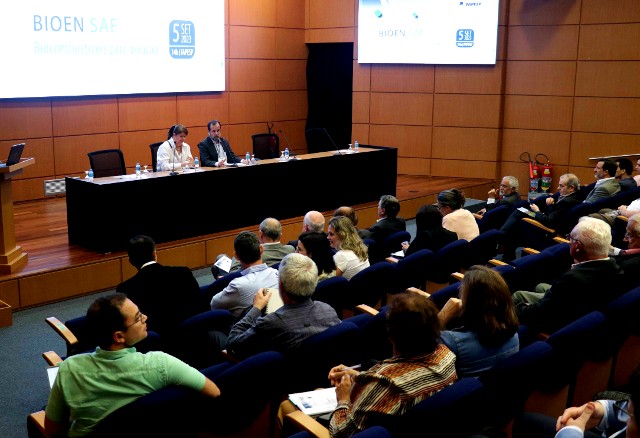
A seminar hosted by the steering committee for the FAPESP Bioenergy Research Program featured researchers and representatives of the public and private sectors. A rapid and substantial increase in production of sustainable aviation fuels was the option considered most consistent.
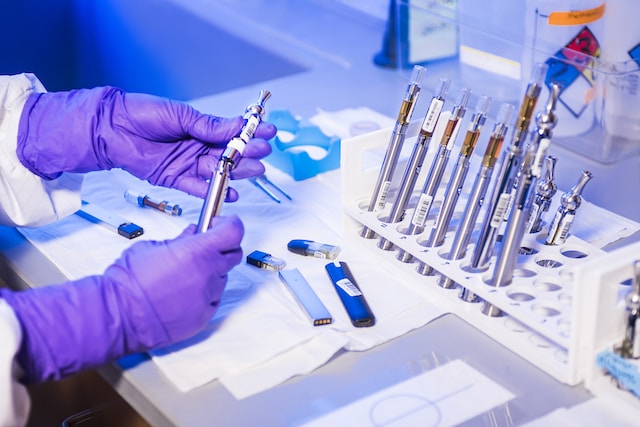
The call is one of several initiatives designed by FAPESP to help science and technology startups supported by its entrepreneurship and innovation program attract investors and survive “death valley”.
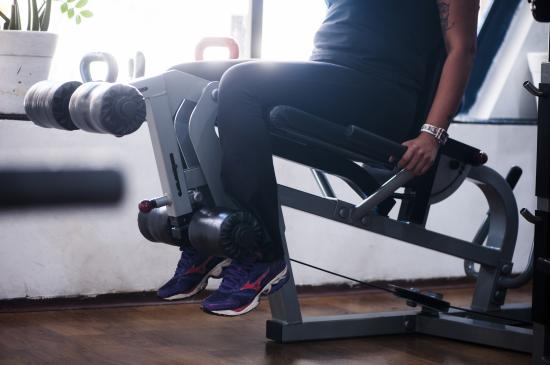
Hormones and metabolites secreted after physical activity act together to suppress hunger, as highlighted by an editorial in The Journal of Physiology written by researchers at the State University of Campinas and the University of Copenhagen.

A technology created by the University of São Paulo’s Center for Artificial Intelligence increases the accuracy of shipping and other weather forecasts by 20%, and is being tested at the Port of Santos.
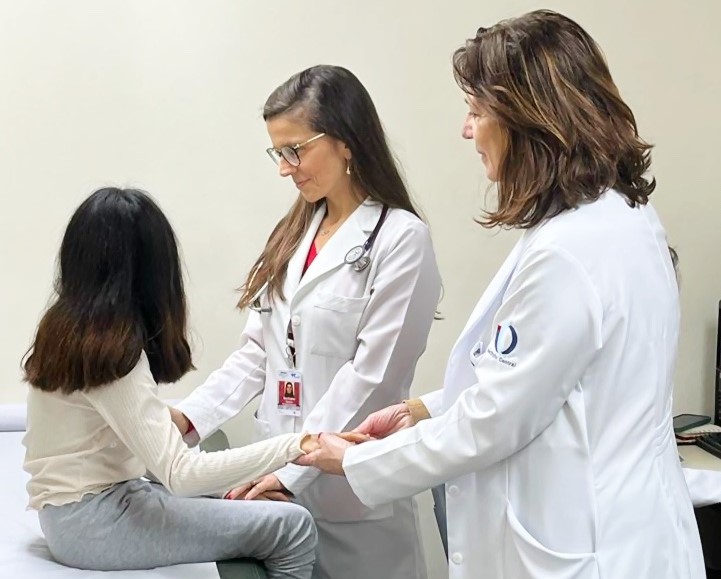
Researchers at the University of São Paulo in Brazil and collaborators in four other countries analyzed more than 400 patients. They found a link between the endocrine disorder and alterations in the gene MECP2, which encodes a protein of key importance to neuron development.

Made from agar, a substance extracted from red algae, the optical fiber can be used to monitor stimuli produced in the brain or muscles, or as an ancillary interface in human-computer connections for assistive or rehabilitation technologies.

The main impacts for the Caatinga, as the semi-arid biome is known, will be replacement of trees by shrubs and grasses, and a decrease in the overall number of species. The projections are based on the IPCC’s latest report and a database created by Brazilian researchers.
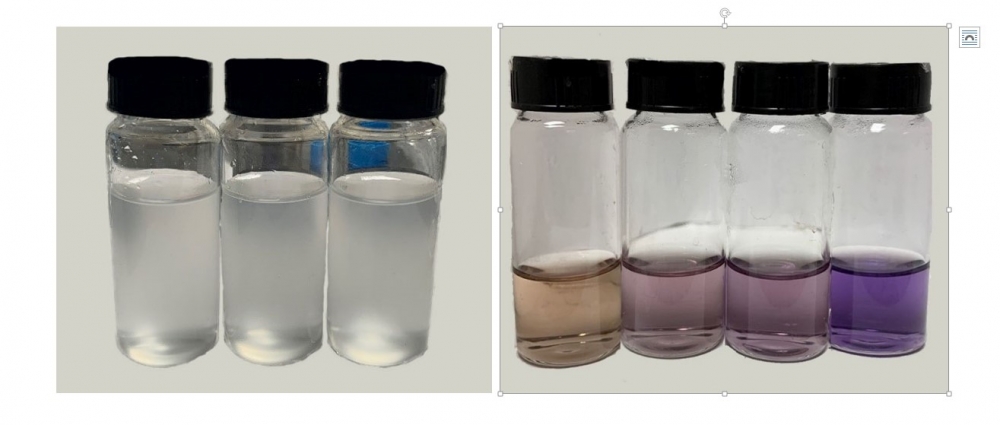
The technique uses functionalized cellulose fibers from sugarcane bagasse to remove residues of the herbicide from an aqueous medium.

A startup supported by FAPESP is developing an app that leverages artificial intelligence to help users monitor the disease and improve the quality of their lives.
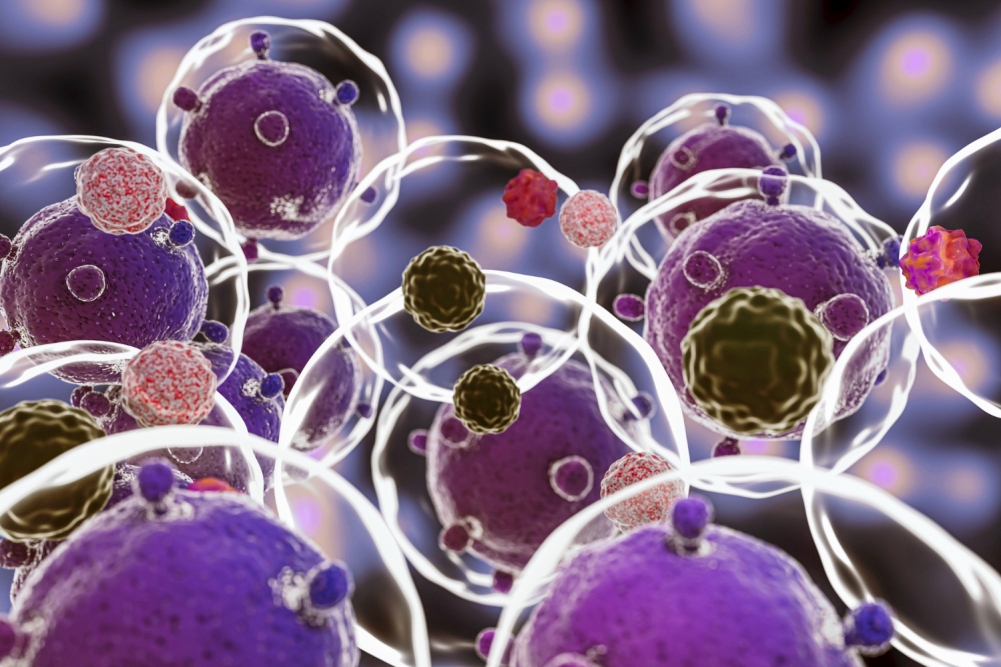
Brazilian researchers and collaborators in Germany and the US compiled data from 195 clinical trials conducted in 30 countries between January 2020 and December 2021. The findings are promising, although the authors stress the need for enhanced controls in the making of the products used in cell therapy.
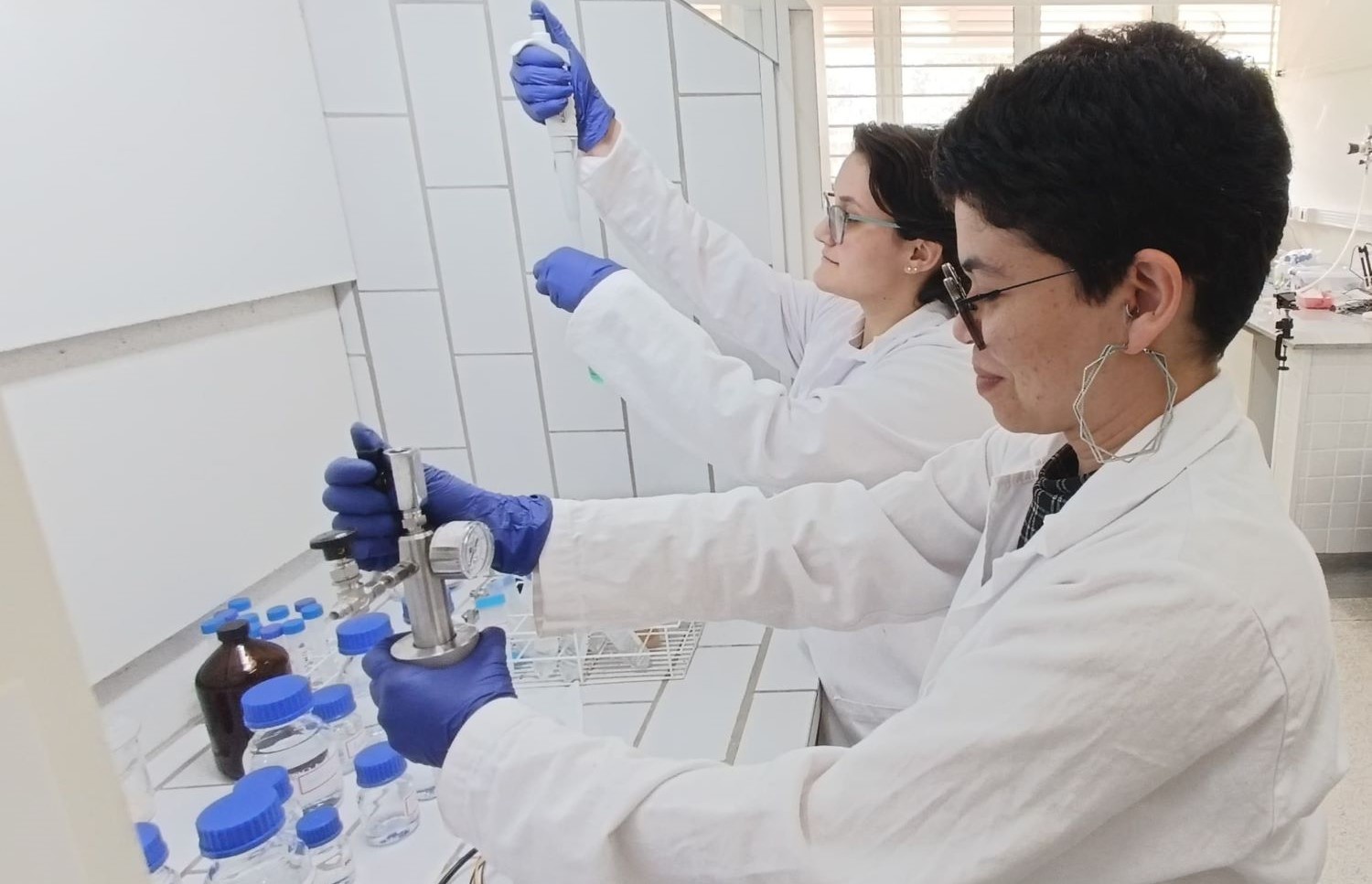
Acetone, a key input for the chemical industry, is usually produced by an elaborate and hazardous process. A more sustainable strategy has been developed by a scientific collaboration between researchers in Brazil and Germany.

A comprehensive review by researchers in Brazil and elsewhere provides a wealth of information about the effects on the organism of remaining seated for much of the day, and calls for more research to analyze the effectiveness of interventions to reduce or interrupt sedentary behavior.

The researchers correlated data on the animal’s ecological niche and connectivity among populations with existing and planned hydropower development sites in Brazil’s South region. They estimated that 30% of its habitat could be lost, heightening the risk of extinction.

Researchers at the Federal University of São Paulo conducted experiments involving rats to analyze the effects of a high-fat high-sugar parental diet. The results suggested that ingestion of hypercaloric food by male progenitors favors weight gain and a build-up of body fat in their offspring.

A software tool developed by a company supported by FAPESP raises productivity and lowers operating costs in the bioenergy sector.

Researchers at the University of São Paulo highlight the importance of monitoring these areas and advocate the use of technosols based on tailings and other waste to offset part of their emissions.

Researchers sampled oysters and mussels at three locations between the port of Santos and the nearby city of Guarujá. Their aims included assembling data as a basis for public policy on basic sanitation. The law does not currently require removal of microplastic particles from sewage.

Applications of specialty glass range from astronomy to medicine, as well as data and power transmission. The study combined spectroscopy and computational modeling to show how the structure of the material is affected by addition of niobium oxide.
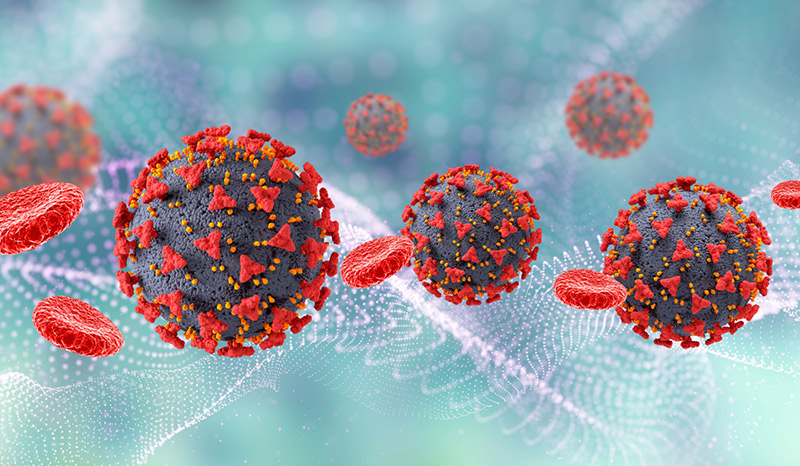
A study conducted at the University of São Paulo helps explain why older people are more susceptible to the severe form of the disease and why it involves blood clotting disorders.
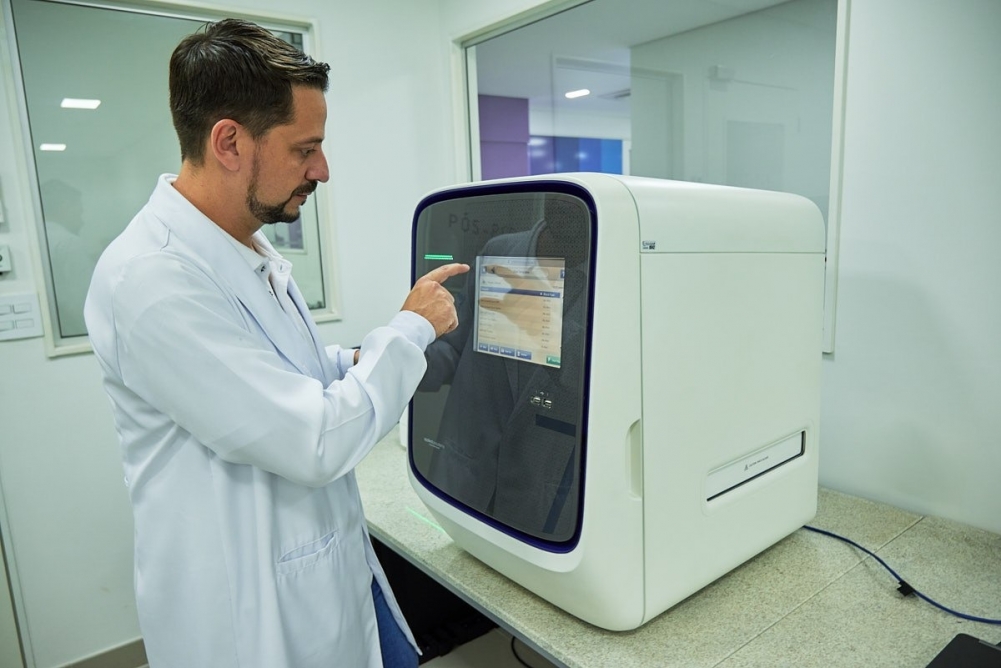
Technology developed with FAPESP’s support was the winner in the “Technological Innovation” category. Also, a University of São Paulo study that found a molecule capable of killing leukemic cells was awarded in “Oncology Research” category.
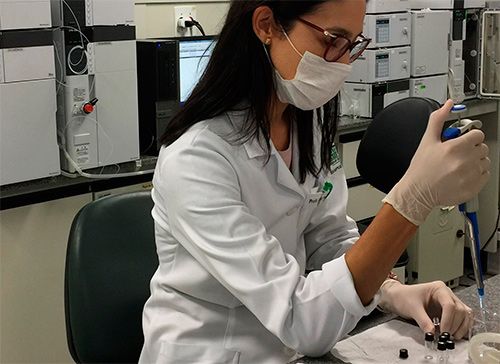
Researchers at the Federal University of São Paulo analyzed saliva, oral microbiota and dental health of volunteers who were preparing for gastroplasty and after the operation. The results showed an increase in caries and periodontitis, as well as alterations in salivary inflammatory markers.

In experiments with mice, researchers at the State University of Campinas observed alterations in feed consumption, weight gain, anxious behavior and an increase in central nervous system, adipose tissue and liver inflammation.
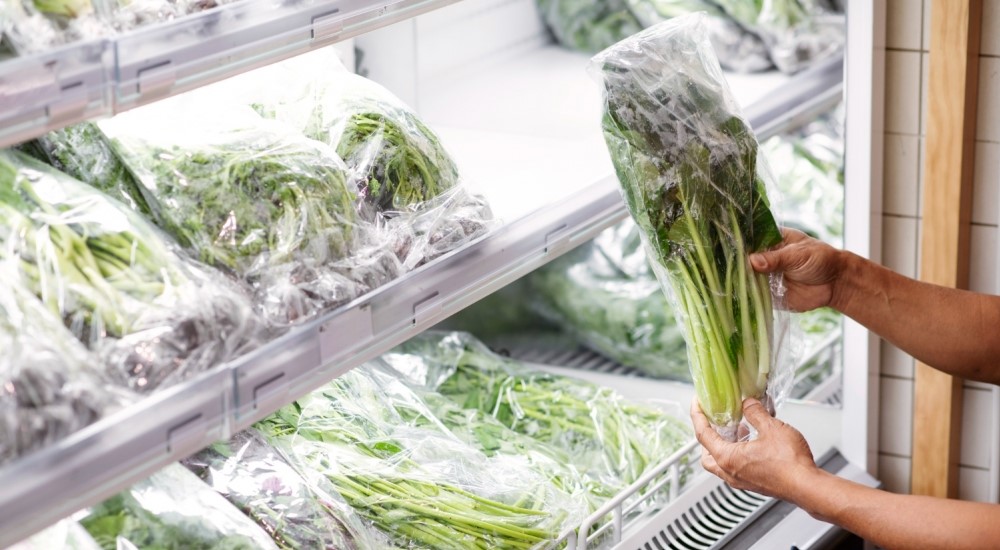
A review of research on minimally processed vegetables highlights cases of unsatisfactory microbiological safety and calls for best practice assurance throughout the supply chain.
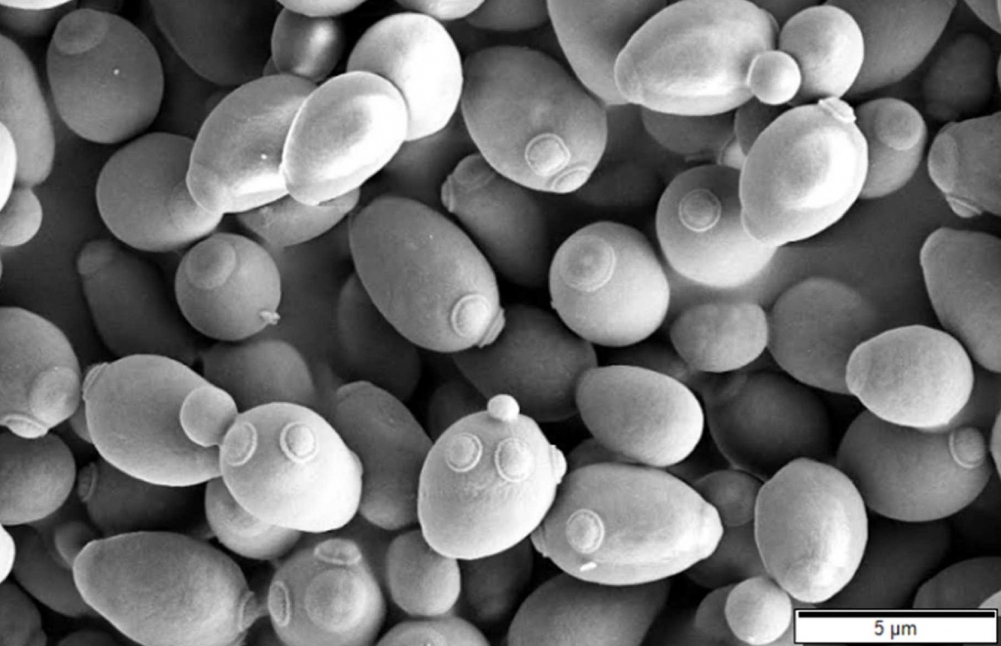
A study by researchers at the State University of Campinas and Harvard University shows that despite the presence of invasive strains of Saccharomyces cerevisiae, all of them belong to the ethanol fermentation environment, keeping the industrial process stable. Their findings can help cut costs and assure better results for producers.

Available free of charge on the internet, the platform simulates fire propagation in the savanna biome three times a day and is in use in nine conservation units.